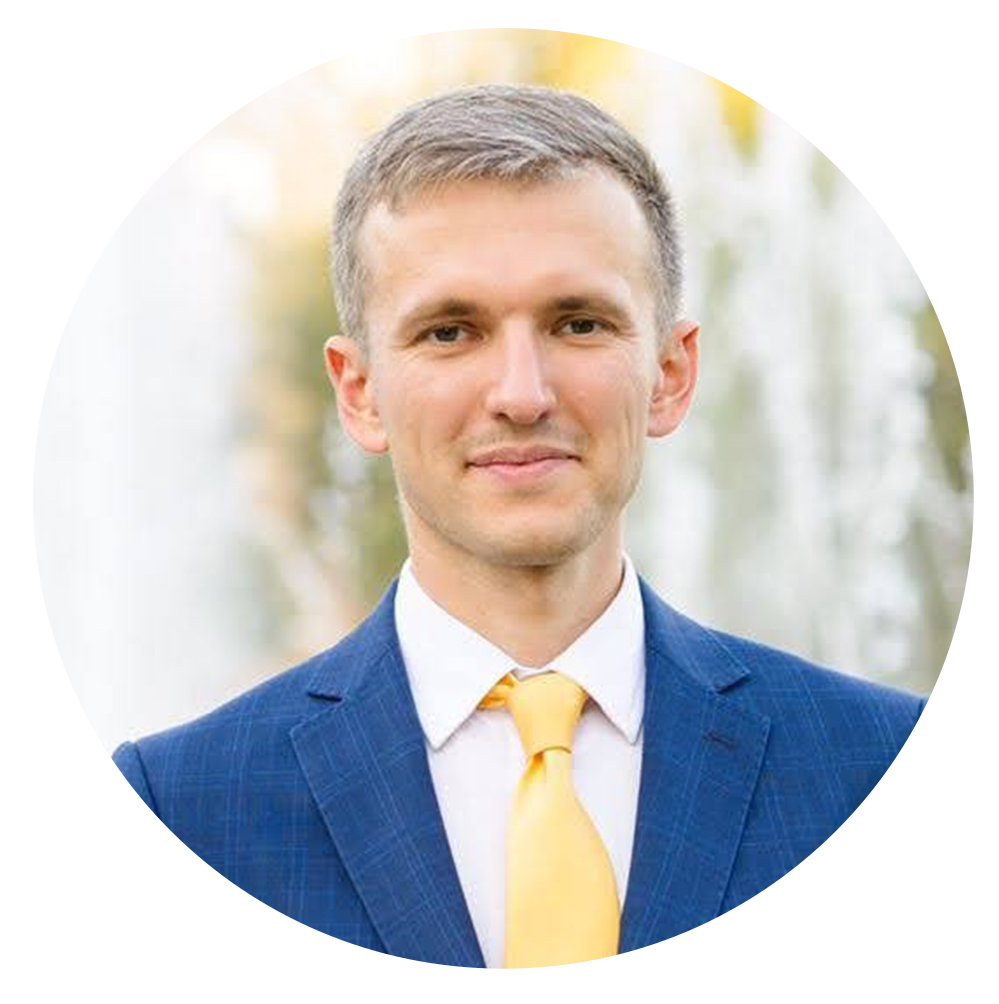«We believe that such restrictions, at least for the quarantine period, should be reduced. According to Ms. Noel Calhoun, there are many ways to do this. We should not forget that the Supreme Court of Ukraine has ruled in such cases that the body which brings a person to administrative responsibility cannot focus only on a person pleading guilty. We all understand that a person who has been moving to the state border for a very long time to get to the controlled territory will have no choice but to admit guilt and agree to a fine. But this will not be a voluntary confession. That is why such responsibility must be postponed or abolished.»
-
На жаль, за вашим запитом нічого не знайдено, ви можете пошукати інше ключове слово, або звернутись до нас із вашим запитанням через форму зворотнього зв’язку
Результати пошуку (25)
Всі результати (25)
Freedom to cross the contact line: the problem of fines
22 березня 2021
The event was held at the level of the Committee on Human Rights, Deoccupation and Reintegration of the Temporarily Occupied Territories, National Minorities and International Relations of the Verkhovna Rada of Ukraine. Members of Parliament, chairmen of committees and subcommittees, representatives of central and local authorities, international and Ukrainian NGOs joined the round table.
Oleh Tarasenko, Senior Strategic Lawyer at Right to Protection CF (R2P) also took part in an online event.
Particularly, Mr. Oleg pointed to the three current problems:
- Application of fines for crossing the contact line through uncontrolled areas of the state border of Ukraine: people often have no other way;
- Application of fines for exceeding the limit of 50,000 hryvnias for moving the cash to and from the occupied territories: most retirees cross the contact line only once in every two to six months to withdraw cash, and the amount of funds in this case may exceed the following limit;
- Protocols on administrative violations are drawn by the SBGS officers with significant errors: lack of necessary signatures of the person who is being fined, non-issuing of a second copy of the protocol to such a person, etc.

Recording of a full speech of our colleague is available below. The full video & audio recordings of the round table is also available on the Committee's website (Both in Ukrainian).
Also read:
- Appeal of non-governmental organizations to the President of Ukraine regarding the policy of the transitional period
- Report ‘Crossing the contact line’, February 2021
- Right to Protection CF lawyers helped the family return money confiscated at EECP which they required for cancer treatment
- Forgotten and deprived
